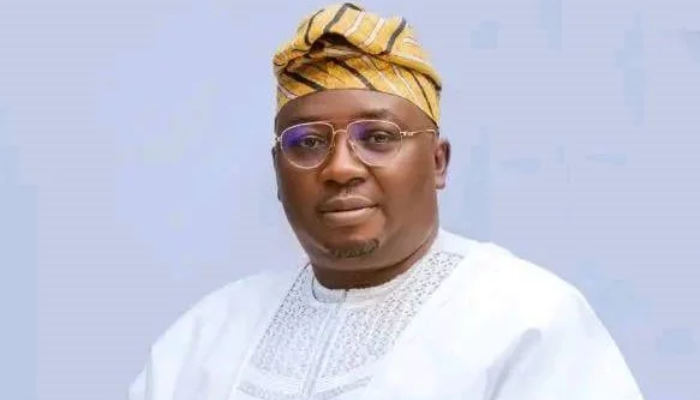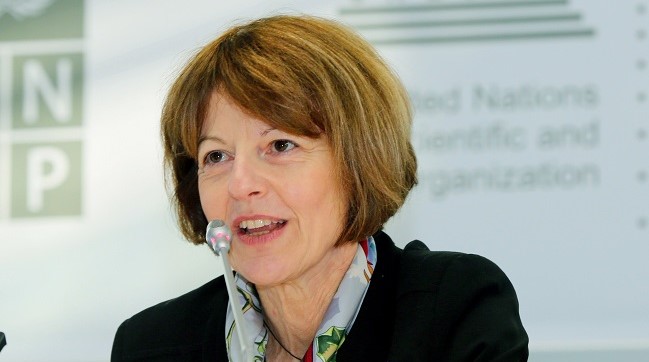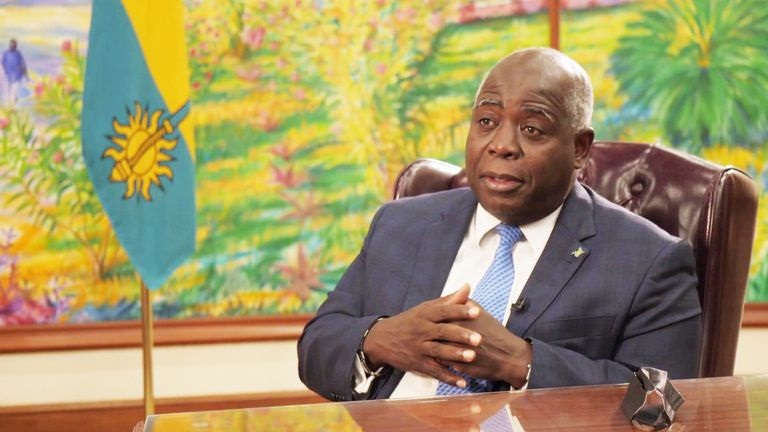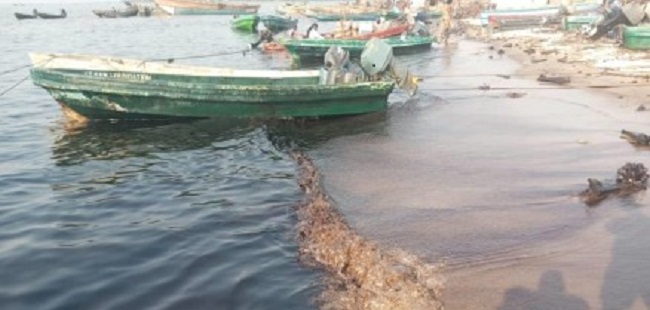A nationwide rally against Genetically Modified Organisms (GMOs) in Nigeria has brought to the fore the concerns of experts over the potential health and environmental risks associated with the introduction of the organisms into the country’s food system.

The rally, led by the Health of Mother Earth Foundation (HOMEF) in collaboration with the GMO-Free Nigeria Alliance and civil society organisations, took place on Friday, December 13, 2024, in major cities across the country.
According to the conveners of the rally, the outing is aimed to raise awareness about the dangers of GMOs and to pressure the government to reconsider its decision to approve genetically modified foods in the country.
The World Health Organisation (WHO) describes GMOs as organisms whose genetic material has been altered using genetic engineering techniques.
The alteration, according to the international health agency, involves the use of biotechnology to introduce genes from one species into the DNA of another species, creating a new organism with desired traits.
Therefore, genetically modified foods are foods that have been altered using genetic engineering techniques.
At the heart of the controversy is the claim by proponents of GMOs that they can help address food insecurity in Nigeria.
They assert that crops can be engineered to be more resistant to pests and diseases, reducing losses and increasing yields.
One of the proponents of GMOs is Kabiru Ibrahim, the National President of the All Farmers Association of Nigeria.
Therefore, the advantage is that it would even take farmers out of poverty.
“Any country in the world that you see has food security, as a matter of fact, they also do GMO. Nigeria will attain food security if it embraces GM crops.
“The way out of poverty and to get into food security for Nigeria is through GM crops.
“This is why Brazil is now a developed country. Most of what comes out of Brazil, in terms of corn, beans, and all that, are all GM,” Ibrahim said.
However, Dr Nnimmo Bassey, Executive Director of HOMEF, argues that Nigeria does not need GMOs to address food insecurity.
The design of the GM crops, he maintains, does not support local economic growth but promotes dependency on corporate seed supply.
Bassey cites the example of the National Cotton Association of Nigeria (NACOTAN), which reported no significant increase in yields after introducing GM cotton seeds four years ago.
Instead, he says, the yield per hectare remained the same, and farmers noted that no other plant could germinate on the farmlands where the GM seeds were planted, even after four years.
This, Bassey argues, confirms concerns about loss of biodiversity and soil degradation due to the release of genetic material into the soil.
On his part, Ifeanyi Nwankwere, National Co-coordinator of the GMO-Free Nigeria Alliance, says “GMOs approved in Nigeria are not currently being labelled.
“The country’s socio-economic context does not allow for effective labelling, considering how food is sold in cups and basins in open market where majority of the people shop from,” he said.
Nwankwere said the biosafety regulatory system in Nigeria was not designed to ensure safety with regard to GMOs.
For instance, he alleged, the National Biosafety Management Agency (NBMA) Act had fundamental flaws, including the lack of provision on the precautionary principle, inadequate provision on public participation in decision making and others.
Similarly, Mariann Bassey-Orovwuje, Deputy Director at Environmental Rights Action, cautions that several other countries, including Russia, Mexico, Uganda, and up to 23 more, have placed bans on GMOs, citing the recent ban of GMO corn in Mexico.
“The courts highlighted the threats of the GMO variety to the country’s rich diversity of corn, stating that the genetically engineered corn posed the risk of imminent harm to the environment,” she said.
Experts also argue that the introduction of GMOs in Nigeria poses serious health risks.
According to a recent report by an Iranian researcher, GMO soybean caused significant damage to internal organs such as the liver and kidney in rats.
More so, as noted Joyce by Brown, Director of Programmes at HOMEF, there is no evidence that the National Biosafety Management Agency (NBMA) has conducted medium or long-term feeding tests to ascertain the safety of GMOs approved for use in Nigeria.
She bemoaned the presence of more than 50 imported packaged food products, containing GM ingredients in Nigeria.
These products, according to her, are abundant in market shelves across the country in different brands including cereals, vegetable oils, spices, ice-creams, and cake mixes amongst others
In Benin, where Agho Omobude, Coordinator of the Edo Civil Society Organisations (EDOCSO) led others on a march to Edo House of Assembly, state office of the Federal Ministry of Agriculture and Food Security and the Government House.
At those placed petitions were submitted, particularly in respect of the recent approval of 14 genetically modified foods in the country.
Omobude advocated legislations that would outlaw the sale of genetically modified foods in the state aa well as the country. He raises concerns over some super markets in the state which are reportedly selling the products without providing the customers with information about them.
All in all, the campaign against GMOs in Nigeria is not just about health and environmental risks; it is also about the economic implications of introducing GMOs into the country’s food system.
As argued by Bassey, the promotion of GMOs is driven by the interests of multinational corporations, which are more concerned with profits than with the welfare of Nigerians.
The demands of the campaign are clear, a ban on GMOs, including products brought in for food and food processing, as well as packaged processed foods.
The coalition also demands the nullification of all permits granted for GMOs, as they are not backed by adequate and certified risk assessments.
Furthermore, the experts call for an investment in agroecology, which ensures food security and food sovereignty while strengthening the Nigerian economy.
Inarguably, the foundation of a nation’s sovereignty lies in its ability to produce and control its own food. Without this, sovereignty is merely a theoretical concept.
Anti-GMOs insist that its introduction into the country’s food system poses significant risks to human health, the environment, and the economy.
It is imperative that the government takes a cautious approach and considers the concerns of experts and civil society organisations before making any decisions about GMOs.
By Usman Aliyu, News Agency of Nigeria









